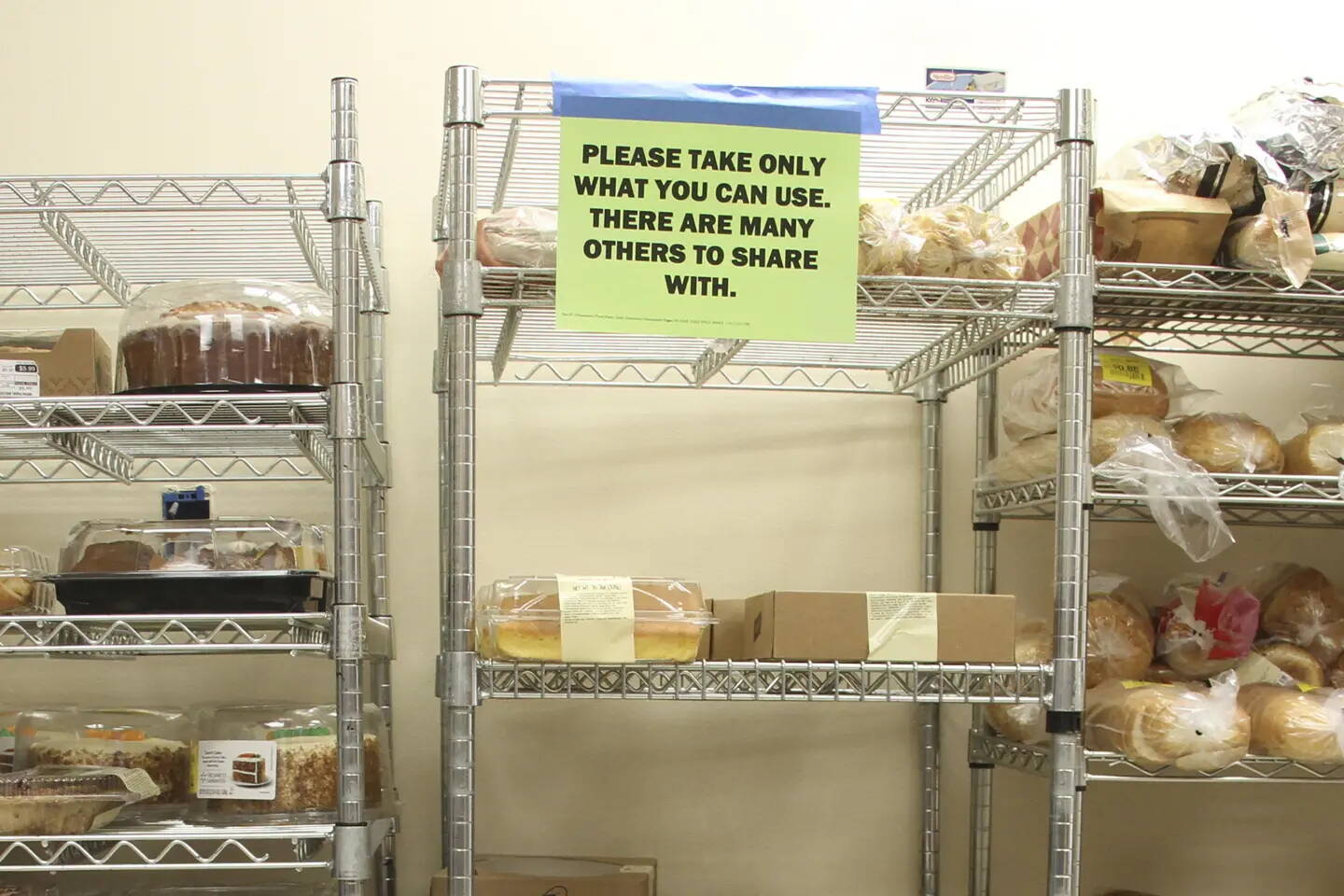This story has been updated with additional information about the state declining to participate in the program.
Alaska is declining to participate in a new permanent federal program providing $40 a month per child in food assistance to low-income families when school lets out beginning next year, stating the administrative requirements “greatly exceeds the benefit that would be issued to children.”
The decision announced publicly Thursday comes as state officials are struggling with an immense backlog of food stamp applications in a crisis that has lasted nearly a year and a half.
The new federal program, known as the Summer Electronic Benefits Transfer for Children (Summer EBT) program, was first tested in several states about a decade ago and implemented nationally during the COVID-19 pandemic. It was permanently authorized in the Consolidated Appropriations Act of 2023 and is being administered starting next summer by the U.S. Department of Agriculture.
Alaska’s Department of Education and Early Development (DEED), which operated the pandemic-era EBT program during its first year, will not apply for the new summer program, Laurel Shoop, a special assistant and legislative liaison for the department, stated in an email Thursday.
“The cost and administrative requirement to create a new EBT issuance program either with DEED or in coordination with a partner agency greatly exceeds the benefit that would be issued to children,” she wrote. “DEED is currently pursuing other avenues to increase (availability) of nutritious foods to children during the summer months through the Summer Food Service Program. Alaska remains open to the option to pursue Summer EBT in future years should it become more feasible to implement.”
The summer food service program, according to the state’s website, “is a federally funded program that provides free, nutritious meals to children age 18 or younger living in low-income areas, or pockets of poverty during the summer months when school is not in session.” Among the entities that can participate are public and private nonprofit schools, public and private nonprofit organizations, day and residential summer camps; and local government agencies and tribal organizations.
The pandemic EBT program helped provide food to about 70,000 children during the 2020-2021 school year, according to a press release by DEED at the time.
Alaska was one of two states not approved for participation in the pandemic EBT program during the summer of 2022 and seven states not approved during the summer of 2023, according to the USDA.
An analysis published this month by the Food Research and Action Center, a nonprofit organization that advocates for nutrition and anti-poverty causes, states “Alaska has approximately 58,000 children who would be eligible to receive the Summer EBT benefit in summer 2024. This would result in about $6,960,000 in benefits being distributed to struggling families this summer.”
While the federal government covers the benefit costs, participating states are required to pay half of the administrative costs. It provides benefits to families with children eligible for free or reduced-price school meals, with funds in the child’s name on an EBT card that must be administered separately from other assistance.
States, territories and eligible tribal nations have until Jan. 1 to register for eligibility in 2024 and if they fail to do so, may apply in future years. Participants must then submit a management and administrative plan to the USDA by Feb. 15 detailing responsibilities of specific state agencies during implementation.
As of midday Wednesday 23 states, four territories and two tribal nations (Cherokee and Chickasaw) had signed up, according to the USDA online registry. Both liberal and conservative states are among those registered, including California, Delaware, Arizona and West Virginia.
Among the states declining to participate is Iowa, with its Department of Health and Human Services issuing a press release Dec. 22 citing the administrative cost and lack of restrictions on types of food that can be purchased among the reasons.
“Federal COVID-era cash benefit programs are not sustainable and don’t provide long-term solutions for the issues impacting children and families,” Iowa Gov. Kim Reynolds, a Republican, said in a prepared statement. “An EBT card does nothing to promote nutrition at a time when childhood obesity has become an epidemic.”
“HHS and the Department of Education have well-established programs in place that leverage partnerships with community-based providers and schools who understand the needs of the families they serve. If the Biden Administration and Congress want to make a real commitment to family well-being, they should invest in already existing programs and infrastructure at the state level and give us the flexibility to tailor them to our state’s needs.”
Alaska has cited numerous administrative difficulties — including lack of staff and outdated equipment — for its ongoing backlog of food stamp and other applications in the Division of Public Assistance.
A backlog in Supplemental Nutrition Assistance Program (SNAP) applicants that began in September of 2022 reached a peak of more than 14,000 people — affecting a reported 92,000 residents relying on those benefits — before the problem was largely resolved early this fall, according to state health officials.
However, the backlog surged to more than 12,000 by early December, although within a couple of weeks that total was down to about 10,000, according to Division Director Deb Etheridge, who said she hoped the remaining backlog would be cleared within 90 days.
• Contact Mark Sabbatini at mark.sabbatini@juneauempire.com or (907) 957-2306.

